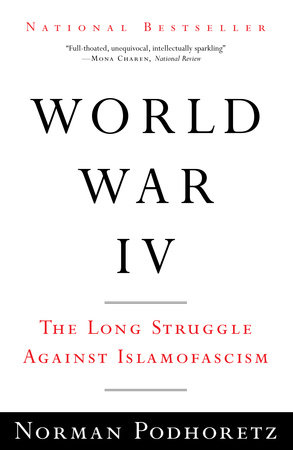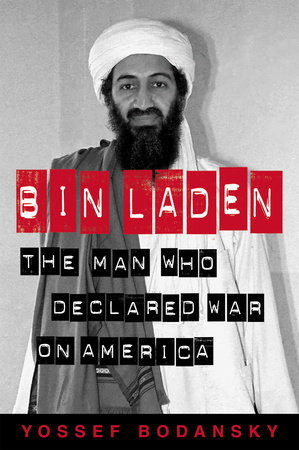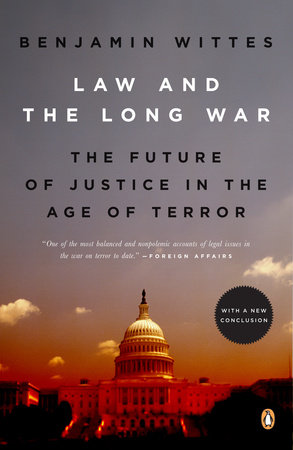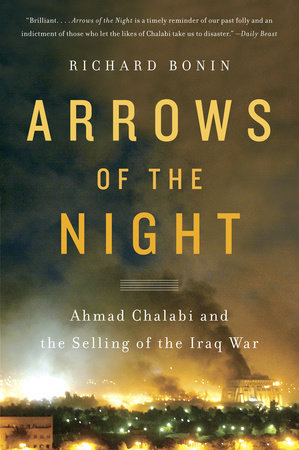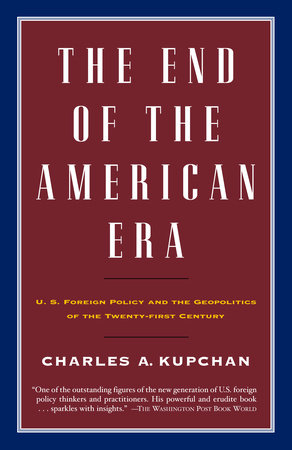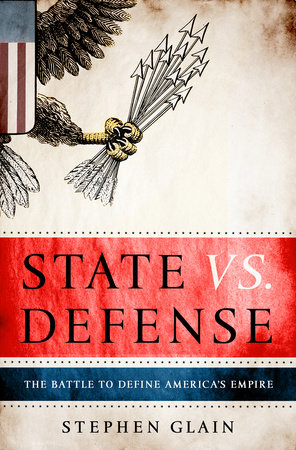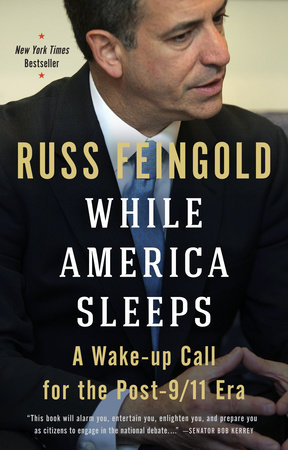An Interview with Norman Podhoretz, author of WORLD WAR IV
How did the idea for your book originate?
Although there were many books out there about the war, I couldn’t find a single one that placed 9/11 itself, the military campaigns that have followed it and the war of ideas that it has provoked at home into the context of the role the United States has played in the world since 1945, let alone one that mounted a serious and persuasive defense of that role while also countering the many forms of opposition to it.
Why do you think it is so important that people not look at this war on its own, but in a broader historical context?
Because failing to do so deprives us of the necessary perspective through which we can make sense of what is happening from day to day.
Even staunch supporters of President Bush are beginning to waver in the belief that we should still be in this war. In your opinion, what would be the ramifications if we pulled out now?
By “war” you mean Iraq, but Iraq has to be seen as a single front or theater in what I call World War IV. Pulling out of Iraq now would represent a calamitous defeat for us and would in all probability result in a horrendous civil war there. But the Islamofascists would still be at war with us and the only way we could pull out of that larger war would be by surrendering to them.
When the opposition or enemy is fighting because of religion rather than patriotism, how does that change the tactics employed and the length of the conflict?
World War III, otherwise known as the cold war, went on for 42 years, and I believe that World War IV, which bears a greater resemblance to it than it does to World War II, will last about as long. Like World War III, this one will require many different instruments of power–military when necessary, and economic, political, and diplomatic where possible.
If we are to view this conflict as “World War IV,” then why should there not be the same provisions or measures taken as in past World Wars, such as an increase of taxes and a draft?
Because the volunteer army has thus far proved wonderfully effective, and our robust economy has made new taxes unnecessary.
With the advancement of technology, specifically nuclear weapons and the changes in the speed and mediums of the media, is it still possible to “win” a war?
We have no alternative to winning, and as in the past, we will have to find ways to win under the conditions and against the particular obstacles that prevail in the present.
How does today’s media affect morale and support for the war? Could this be one of the most detrimental aspects to our commitment?
There is no question that the bias of the mainstream media against the war does great damage to morale, especially here at home, but this is one of those conditions with which we have to live and in the teeth of which we will have to find a way of winning.
Can you have a “World War” without allies and against an enemy that is not localized or united, but rather spread out over different countries and cultures?
Fighting against an enemy spread out over different countries and cultures is precisely what makes this a world war. As for allies, we have a few, but whether we like it or not, the burden is and will remain mainly on our shoulders. I believe that, in spite of all the difficulties, the American people will prove willing, as they did in the world wars against Nazism and Communism, to accept the responsibility for fighting off Islamofascism, which is the latest mutation of the totalitarian drive to destroy our civilization and the freedoms for which we as a nation stand.
